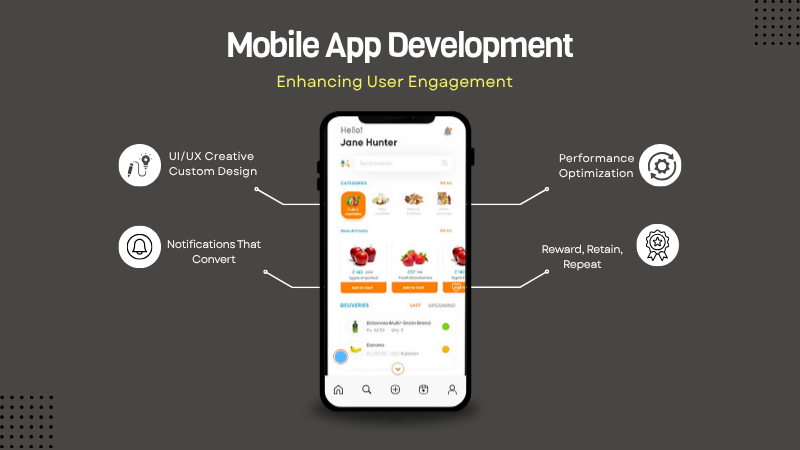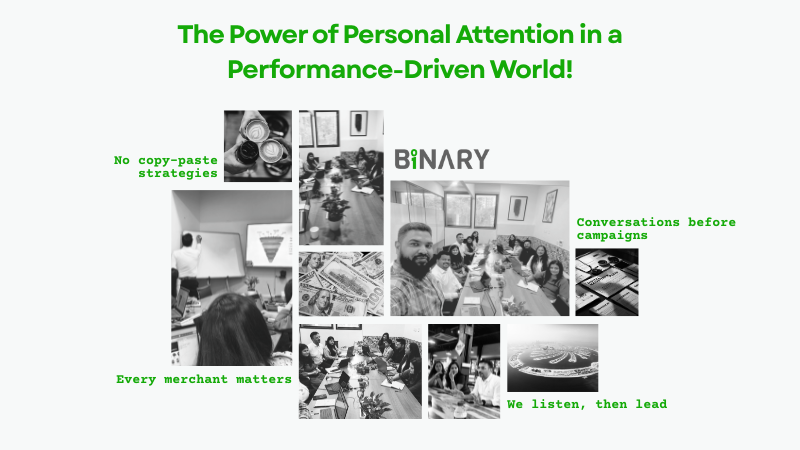Did you know that over 70% of consumers prefer using chatbots for quick answers to their questions? This statistic highlights a significant shift in consumer behavior, driven by the increasing demand for instant and efficient customer service. AI chatbots are at the forefront of this change, transforming how online retailers interact with their customers. In this blog, we’ll explore what AI chatbots are, how they work, and the diverse ways they’re revolutionizing ecommerce.
What are AI chatbots?
AI chatbots are advanced conversational agents powered by artificial intelligence and machine learning algorithms. Unlike traditional chatbots, which follow predefined scripts, AI chatbots can understand and process natural language, making them capable of engaging in more complex and dynamic conversations. These chatbots are designed to mimic human interactions, offering a more personalized and responsive experience to users.
How AI chatbots work in ecommerce
- Natural Language Processing (NLP):
- AI chatbots use NLP to understand and interpret user inputs. This technology enables them to grasp the intent behind customer queries, whether it’s asking for product details, seeking assistance with an order, or requesting a refund.
- Machine learning:
- Through machine learning, AI chatbots can continuously learn from interactions, improving their responses over time. They adapt to customer behavior and preferences, becoming more effective at providing relevant information and solutions.
- Integration with ecommerce platforms:
- AI chatbots can be integrated with ecommerce platforms and customer relationship management (CRM) systems. This integration allows them to access real-time data, such as inventory levels and order statuses, enabling them to provide accurate and timely responses.
Use cases of AI chatbots in ecommerce
- Enhanced Customer Support:
- AI chatbots provide 24/7 customer support, handling inquiries about products, shipping, returns, and more. They can resolve issues promptly, reducing wait times and increasing customer satisfaction.
- Personalized recommendations:
- By analyzing customer behavior and preferences, AI chatbots can offer tailored product recommendations. This personalized approach helps customers find products that match their interests and boosts sales.
- Streamlined order management:
- AI chatbots assist with order processing, from guiding customers through the checkout process to confirming payments. They can also provide real-time updates on order status and delivery.
- Cart abandonment recovery:
- AI chatbots can engage customers who have abandoned their shopping carts, offering assistance or incentives to complete their purchase. This proactive approach helps recover potentially lost sales.
- Lead generation and qualification:
- AI chatbots can interact with website visitors, qualify leads based on their responses, and even schedule appointments or demos. This functionality helps businesses capture and nurture potential customers.
- Handling FAQs:
- AI chatbots can efficiently manage frequently asked questions, such as inquiries about store policies, product details, and shipping information. This automation reduces the workload on human customer service agents.
Benefits of AI chatbots for ecommerce
- Improved customer experience: AI chatbots offer instant and relevant responses, creating a seamless and engaging shopping experience.
- Increased efficiency: Automating routine tasks and inquiries allows human staff to focus on more complex and value-added activities.
- Cost savings: Reducing the need for a large customer service team can lead to significant cost savings for businesses.
- Scalability: AI chatbots can handle high volumes of interactions simultaneously, making them ideal for managing peak traffic periods.
- Data-driven insights: AI chatbots collect valuable data on customer interactions, helping businesses gain insights into customer preferences and behaviors.
Challenges and considerations
While AI chatbots offer numerous advantages, it’s important to address potential challenges:
- Accuracy of responses: Ensuring that the chatbot provides accurate and relevant responses is crucial for maintaining customer trust.
- Integration complexity: Seamlessly integrating AI chatbots with existing ecommerce systems and platforms requires careful planning and execution.
- Maintaining human touch: Balancing automation with the need for human interaction is important to ensure a personal connection with customers.
Conclusion
AI chatbots for ecommerce are revolutionizing the online retail experience by enhancing customer support, personalizing interactions, and streamlining operations. By leveraging AI technology, businesses can provide a more engaging and efficient shopping experience, ultimately driving growth and improving customer satisfaction. As AI and chatbot technology continue to advance, the potential applications in ecommerce will expand, offering even more opportunities for innovation and success.

















